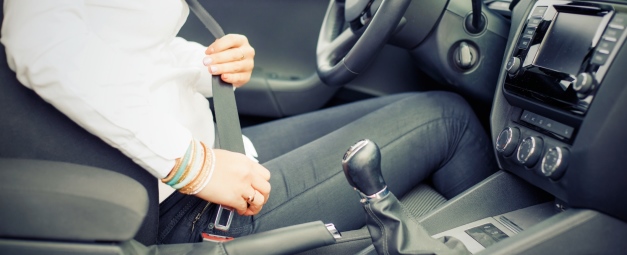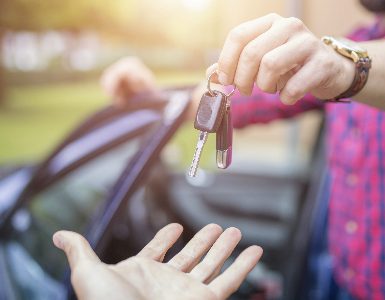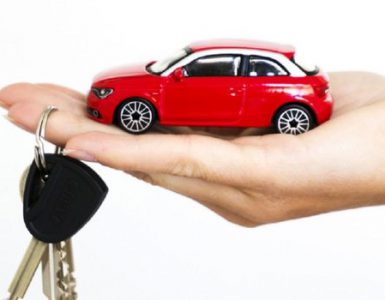Singapore has an interesting mechanism in place that aims to control emissions. Particularly, the authorities aim to keep the roads safe by preventing unroadworthy vehicles on the road. Here, the COE comes into play. But should you renew your COE or buy a new car?
Car ownership in Singapore
According to the Land Transport Authority, the Certificate of Entitlement (COE) gives you ownership to your car. COE is only valid for 10 years, after which you will need to renew it if you would like to continue driving your vehicle.
After the COE expires, the vehicle owner has the option of deregistering the vehicle. However, one could also opt to renew the COE for a similar period or less (five years). For the vehicle owner to re-validate the COE, one must pay the Prevailing Quota Premium. Take note, that the 10 year COE applies to Category A vehicles.
You might find yourself in a dilemma as to whether to renew your COE or buy a new car. However, one can get a handle on what to do with a proper look at the pros and cons that come with either decision.
Pros of Buying a New Car
A new car means all new experiences. However, experiences aside, a new car in Singapore comes with plenty of perks.
Firstly, a new car attracts cheaper premiums in terms of insurance. Typically, insurance companies consider the age of a vehicle when calculating insurance premiums. Newer vehicles do not have any existing problems and hence their risk factor is low. Further, a new vehicle has minimal chances for breaking down, unless it gets into an accident. As a result, one can obtain insurance cheaply.
Secondly, the government maintains road tax for every vehicle that operates on the roads. Interestingly, the road tax remains low for the first 10 years of the car’s life. Therefore, it increases at a rate of 10% annually.
In addition, a new car always comes with a better engine designed to consume less fuel. Additionally, the engine capacity is tends to be lower. As a result, your new car will attract fewer tax costs and also cost you less in terms of fuel consumption.
Lastly, a new car will never demand replacement parts unless you are involved in an accident. Even in the case of an accident, spare parts for a newer car are easier to come buy.
Cons of Buying a New Car
As anyone would expect, the price of cars go up every other year. Inflation rates are prevalent. As such, the open market value (OMV) of new vehicles increase every year. Subsequently, it is much more expensive to acquire a new car.
Secondly, it is correct that buying a new car has cheaper upfront costs. However, there are monthly instalments that may be a nuisance for several years.
Pros of Renewing your COE
Renewing a COE gives you the opportunity to continue using the car you have enjoyed for the last ten years. It always feels good being in a familiar environment.
For more expensive vehicles, they take a long time before they begin to age. Therefore, it is possible to enjoy an Audi A6 for many more years after the first 10 years. Further, it is cheaper to renew the COE since buying for instance a new Audi A6 is can bring in a hefty bill. This does not compare with the costs of maintaining an older model.
Cons of Renewing your COE
In Singapore, older vehicles attract far more charges in terms of road tax. Older models of cars usually have larger engine capacities that store a lot of fuel. This means that the carbon footprint of such vehicles is high. As such, the government imposes higher carbon taxes for these vehicles.
Further, an old vehicle is more likely to break down. Therefore, the insurers usually demand higher premiums for old vehicles compared to the newer models.
In addition, renewing a COE means that you will not be eligible for Preferential Additional Registration Fee (PARF) rebates.
Finally, maintaining an old vehicle is very costly. This is because you will have to make frequent visits to the mechanic due to break downs. Further, the larger engine capacity means that you will have to spend much on fuel compared to a new car.



















